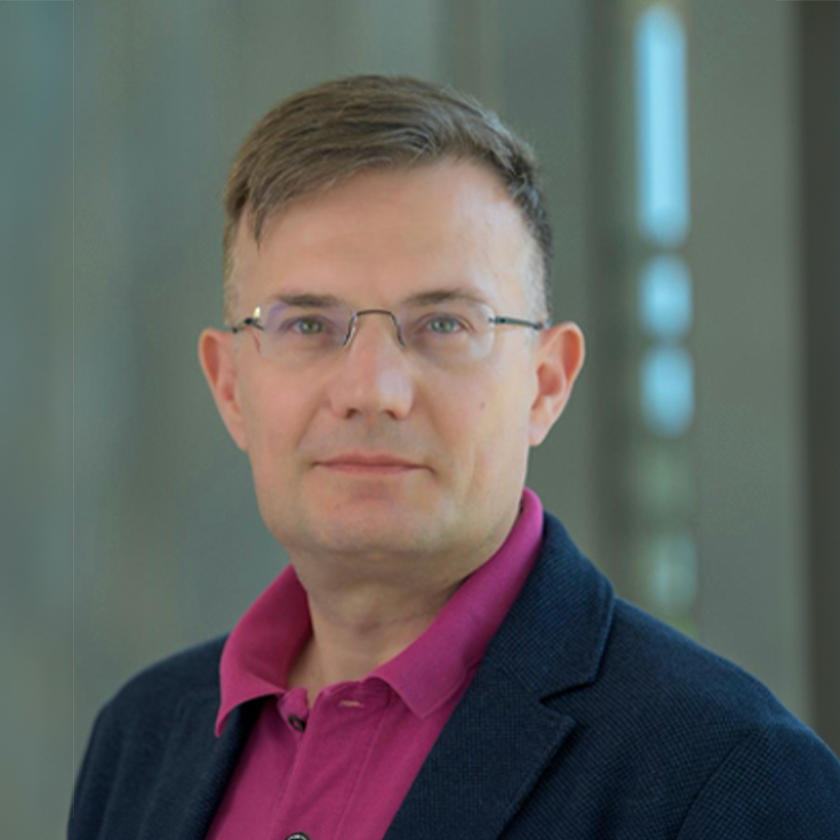
Rolf Krause
Professor, Applied Mathematics and Computational Science
Computer, Electrical and Mathematical Science and Engineering Division
It might sound straightforward, but the two most important things for success in research are interest and a good and solid education.
Program Affiliations
Biography
Rolf Krause is a full professor in the Applied Mathematics and Computational Sciences Program at KAUST, with a career spanning academia, research and leadership. Before joining KAUST, he was a full professor at Università della Svizzera italiana in Lugano, Switzerland, where he directed the Institute of Computational Science from 2009 to 2020 and has served as co-director of the Center for Computational Medicine in Cardiology since 2014.
Beyond his research roles, Professor Krause has held notable leadership positions including a director of the interdisciplinary Euler Institute in 2021 and was the founding dean of the Faculty of Mathematics and Informatics at UniDistance Switzerland in 2022.
His commitment to academic service includes roles such as chairman of the examination board for mathematics studies and chairman of the board of finance for tuition fees at the University of Bonn from 2007 to 2009, as well as membership in the academic senate at USI from 2017 to 2021.
His work has earned numerous awards, including the Taylor & Francis Prize for Innovative Contribution to Theoretical Biomechanics/Biomedical Engineering and the MATH+ Distinguished Visiting Scholar recognition from the MATH+ Center in Berlin.
Professor Krause holds a Doctor rerum naturalium in Mathematics with distinction ("summa cum laude") from The Free University of Berlin, awarded in 2001. He also earned a Diploma in Mathematics with a minor in Economics from the same institution in 1996.
Research Interests
Professor Krause's research focuses on numerical simulation, machine learning, optimization, and data-driven approaches. A major focus of his research is the design and analysis of efficient and reliable algorithms that can be used to solve complex problems in scientific computing and machine learning.
Krause and his colleagues use mathematical understanding and computer science expertise to advance sustainable progress in many areas, from medicine to geology. They provide scientific software capable of solving complex, large-scale problems that can run on modern supercomputers such as KAUST’s Shaheen III.
Education Profile
Doctor rerum naturalium (with distinction, “summa cum laude”) in Mathematics, The Free University of Berlin (FU Berlin), Germany (2001)
Diploma in Mathematics, FU Berlin, Germany (1996)
Rhetoric and Communication Training: Friedrich–Naumann Foundation, Bonn, Germany (1991)
Study of Mathematics, FU Berlin, Germany; Minor field of study: Economics (1990-1996)
Abitur/Matura, Evangelisches Gymnasiums zum Grauen Kloster zu Berlin, Germany (1990).

